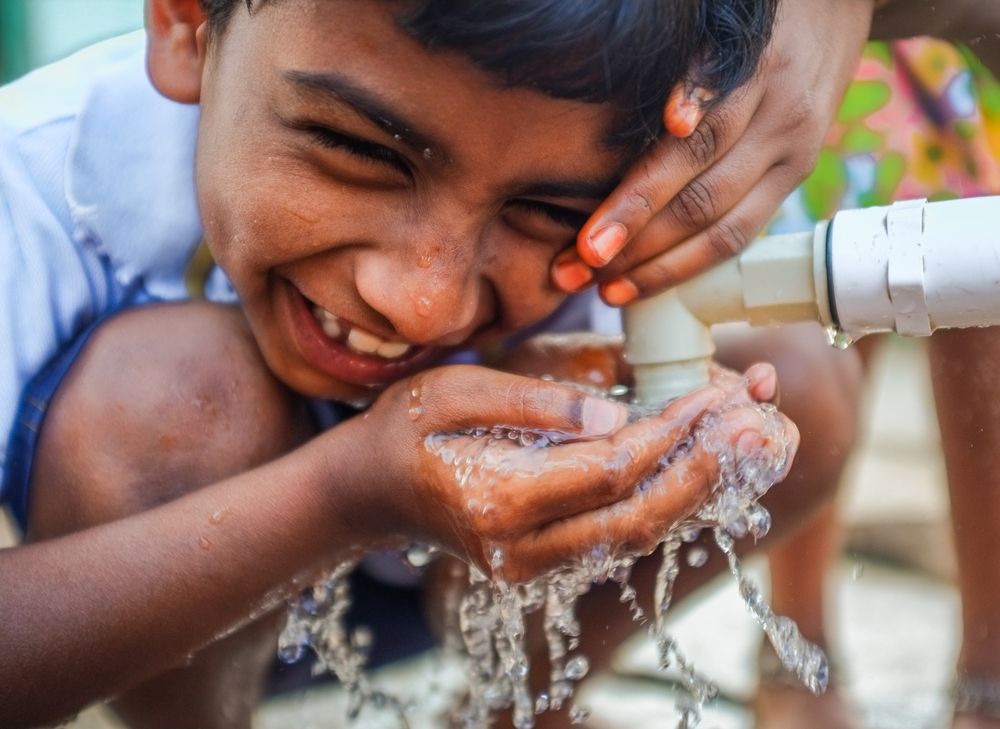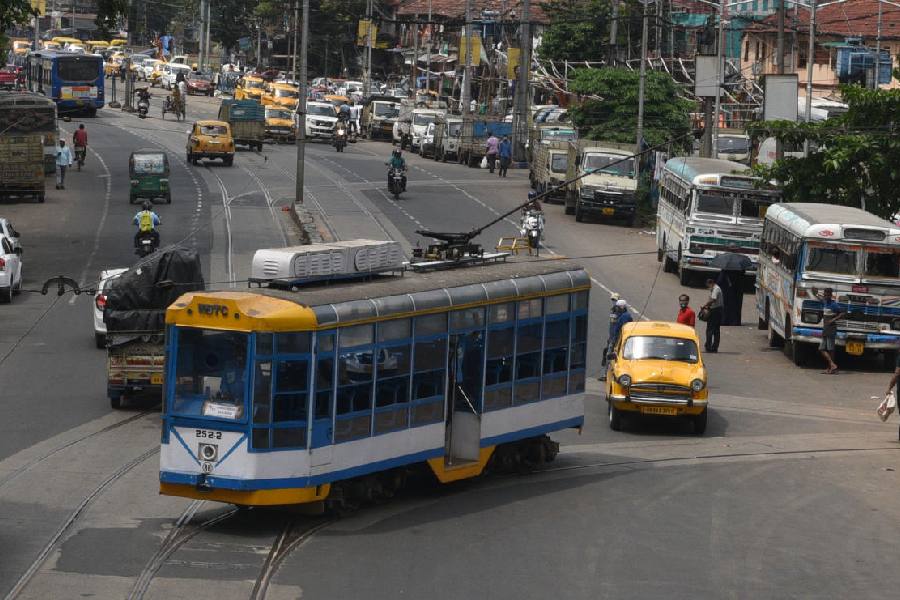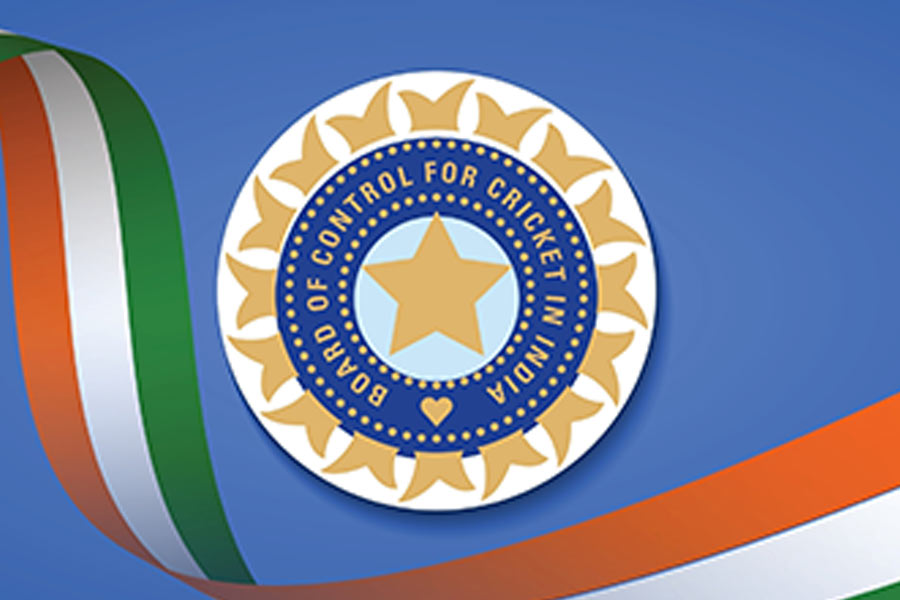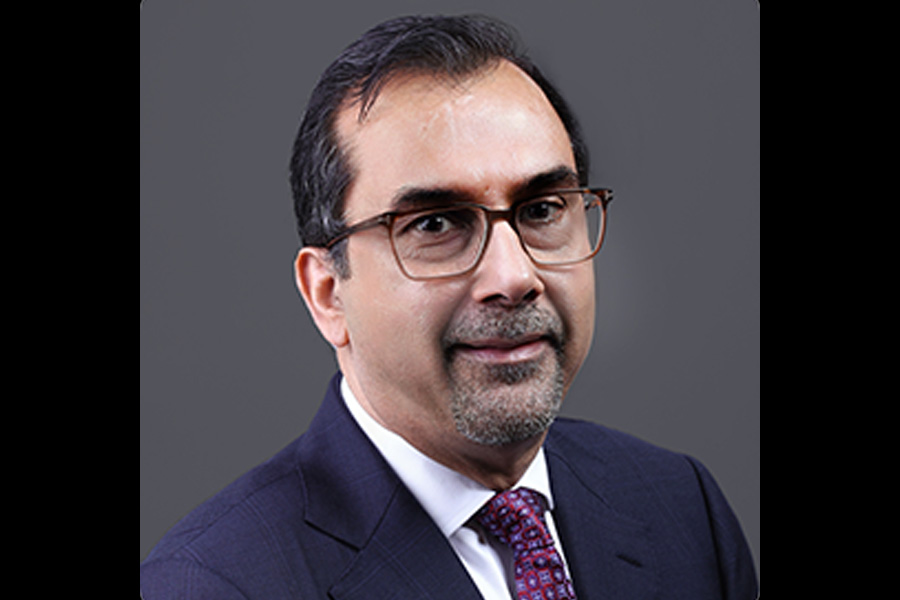Sir — It is a truth universally acknowledged that the ringing of the school bell elicits a collective sigh of relief. But such relief is now to be had several times a day. Karnataka and Telangana, following in the footsteps of Kerala, are all set to introduce the water bell in schools. This bell will be rung at regular intervals to remind students to drink water. Inculcating the habit of drinking water will stand students in good stead later in life. With rising temperatures owing to climate change, it is important to stay hydrated. Other states in the country should implement this measure as well.
Abhisekh Kumar,
Calcutta
Eat good food
Sir — The consumption of junk food by children has increased alarmingly. This is dangerous at an age when the body needs nutrition to grow. Whether at home, in school or elsewhere, packaged and junk food are preferred over wholesome, natural items. It is thus heartening that in the safe food and healthy diets for school children regulations, 2019, the Food Safety and Standards Authority of India has proposed a ban on the sale and advertisement of foods high in fat, salt and sugar to children in schools and within 50 metres of the school campus.
But this will not regulate the HFSS food that children eat at home or carry in their tiffin. Parents these days often opt for readymade or fast food when it comes to their child’s tiffin as this saves the hassle and time taken to prepare food at home. One of the fallouts of such pernicious food habits are lifestyle diseases, which now affect children at a tender age.
The FSSAI has done its job. But does this absolve parents and teachers of their responsibility of regulating the diets of children? It is high time they take a more proactive role. Further, the FSSAI should think beyond the boundaries of school and consider measures that will curb the consumption of HFSS food in society at large. Perhaps an additional tax or an age limit on the purchase of such items might help.
Chanchal Nandy,
West Burdwan
Small step
Sir — It is encouraging that school students have taken the initiative of shunning the use of plastic bags as well as taken it upon themselves to encourage others to do so. Students from a school in the city took to the markets to convince buyers and sellers to buy cloth bags from them at Rs 2 instead of using plastic bags (“To market, to
market, to sell cloth bags”, Nov 19). It is now time for adults to wake up to the enormity of the problem posed by plastic, especially the kind that is discarded after one use. By the time the future generation is in charge of making policy decisions it will be too late to reverse the damage to the planet. Those in power must act now if there is to be any scope of a future where the planet is still liveable.
Rekha Dhanuk,
Jharkhand
Sir — The move by school children to root out plastic bags from society is a welcome one. But I am afraid it will come to naught. As long as the manufacture of plastic bags is not banned, it will be impossible to save the environment.
In the past, the State has taken steps like banning the production and sale of khesarir dal owing to the presence of a neuro toxin. It cannot be argued that this step has saved the lives of thousands. The government must now come to the rescue of the environment and, in turn, public health by banning the production of single-use plastic. Simply banning its use will not achieve the desired effect.
Ashes Das,
Calcutta
Sir — The government should not dawdle over banning single-use plastic products. It was good to learn that India would take such a step this year. But as usual, pressure from big conglomerates forced the government to decide to phase out single-use plastic by 2022. Each time governments prioritize industry over the environment, we lose a bit of the battle to save the planet. One only has to look at the devastating climate events around the world to know that the time to act is now.
Nidhi Behera,
Cuttack










